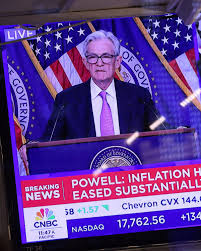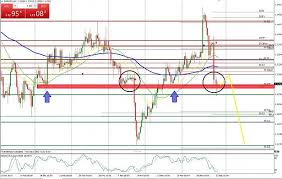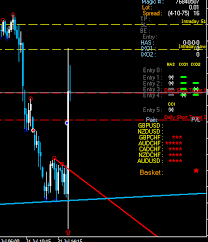
Introduction
Jerome Powell, the Chair of the U.S. Federal Reserve, plays a pivotal role in shaping economic policies and influencing financial markets. His decisions impact interest rates, inflation, and employment, affecting not only the American economy but also Canada and the global economy due to the interconnected nature of financial systems.
The Role of Jerome Powell
Since taking office in February 2018, Powell has navigated through various economic challenges, including the aftermath of the COVID-19 pandemic, inflationary pressures, and geopolitical uncertainties. His tenure has been marked by significant policy decisions, particularly in response to rising inflation trends witnessed in 2021 and 2022.
Current Economic Landscape
As of October 2023, the U.S. faces a complex economic landscape characterized by persistently high inflation rates. In response, Jerome Powell and the Federal Reserve have implemented a series of interest rate hikes aimed at curbing inflation without triggering a recession. The Federal Open Market Committee (FOMC) has raised rates multiple times, aiming to bring inflation down to its target rate of 2%.
In recent statements, Powell has emphasized that the Fed is committed to its inflation goals, indicating that more interest rate hikes may be necessary if inflation remains stubbornly high. This approach has led to mixed reactions within financial markets, with many investors closely monitoring Powell’s comments for guidance on future policy moves.
Public Reactions and Criticism
While some analysts applaud Powell’s decisive actions to combat inflation, others argue that increasing interest rates could stifle economic growth and lead to higher unemployment rates. The balance between controlling inflation and maintaining economic growth is a delicate one, and Powell’s decisions are under scrutiny from both politicians and economists alike.
Conclusion
Jerome Powell’s leadership during critical economic periods continues to shape the financial landscape in the U.S. and abroad. His commitment to combating inflation through monetary policy will be crucial in the coming months. Forecasts suggest that if inflation does not subside, Powell may need to continue tightening monetary policy, which could significantly impact consumers and businesses. Observers will need to watch closely to gauge how Powell’s strategies will unfold, as the effects on the economy will ripple beyond U.S. borders.






